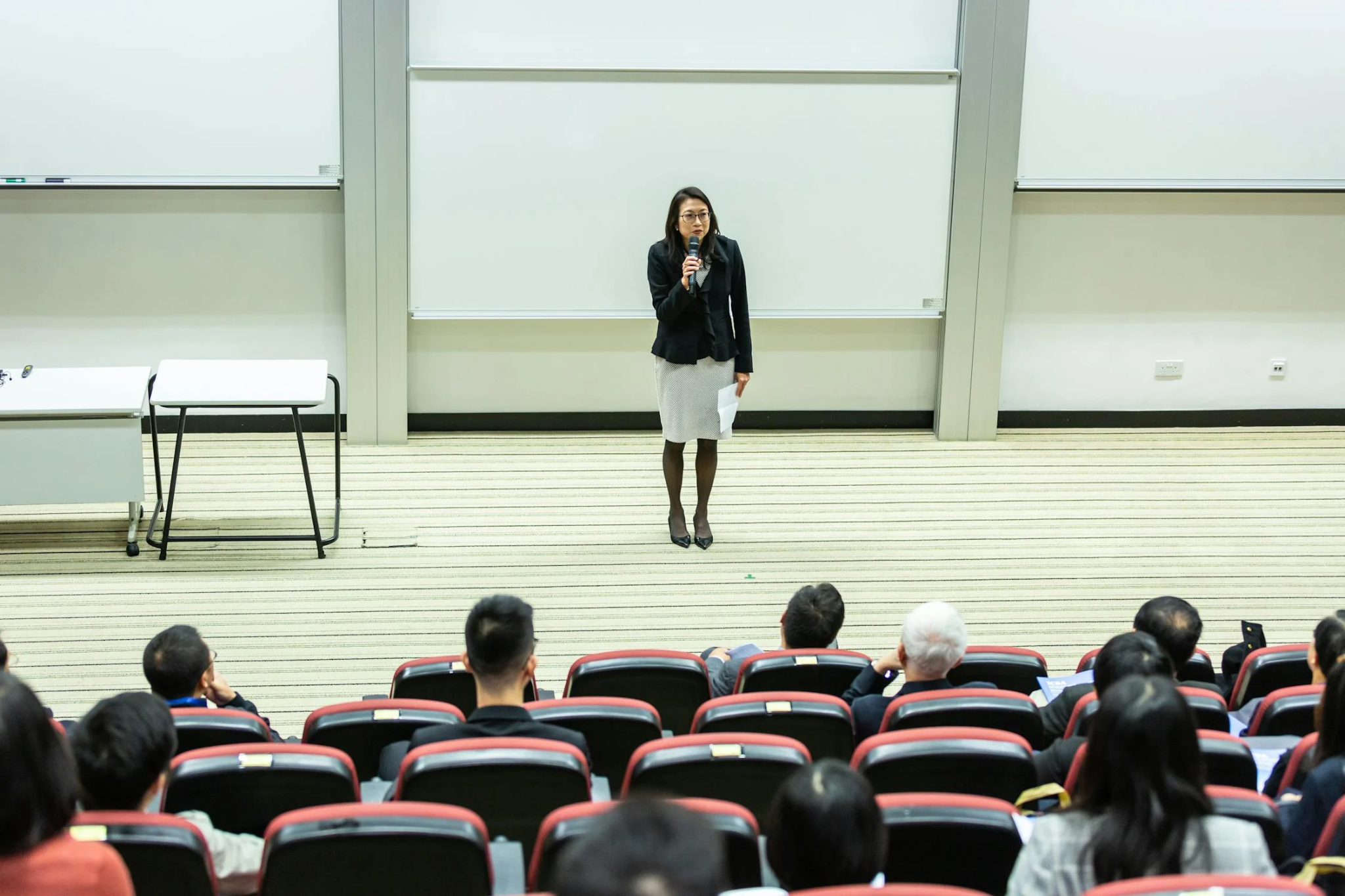Refugees and Asylees: A Positive Contribution to The Society
In a time where discussions about immigration policy often revolve around costs and burdens, a recent federal study sheds light on an often overlooked aspect: the substantial positive contributions of refugees and asylees to the United States economy and society. The study, conducted by the U.S. Department of Health and Human Services, reveals that refugees and asylees not only contribute more in tax revenues than they receive in government expenditures but also enrich the cultural fabric and labor force of the nation.
The findings of the study are remarkable. Over the period from 2005 to 2019, refugees and asylees had a net positive impact of $123.8 billion on the federal, state, and local governments. This figure takes into account various factors, including taxes paid and government benefits received. Contrary to common misconceptions, immigrants, including refugees and asylees, are not just consumers of public resources but also active participants in the economy.
One of the most significant contributions of refugees and asylees is their high labor force participation rate. Despite initial costs associated with resettlement, these individuals quickly integrate into the workforce, often taking on essential roles and starting businesses. Communities across America, including central Ohio, have witnessed firsthand the entrepreneurial spirit and work ethic of refugees and asylees from diverse backgrounds, including Somalia, Bhutan, Congo, Iraq, Afghanistan, and beyond.
Moreover, refugees and asylees are not merely economic actors; they are also cultural enrichers. They bring with them unique perspectives, traditions, and skills that enhance the social tapestry of their adopted communities. Whether it’s teaching English to fellow refugees, preserving culinary traditions, or sharing art and music from their homelands, these individuals contribute to the vibrant mosaic of American society.
An integral part of the success story of refugees and asylees lies in their resilience and determination. Many have overcome unimaginable hardships and persecution in their home countries, seeking refuge and a chance for a better life in America. Their stories of perseverance inspire us and remind us of the values of compassion and solidarity that define our nation.
However, the journey to safety and opportunity in America is not without its challenges. Asylum seekers, in particular, face arduous journeys and legal obstacles in their quest for protection. From fleeing conflict and persecution to navigating complex immigration systems, their path is fraught with uncertainty. Yet, despite these challenges, asylum seekers, like Amadou Kane from Mauritania, continue to hold onto hope and faith, contributing to their communities while advocating for their rights and dignity.
While the HHS study highlights the significant positive impact of refugees and asylees, it also acknowledges certain limitations. The exclusion of the fiscal impact of refugees’ and asylees’ offspring after they become adults and the specific time period analyzed are among the noted constraints. Additionally, recent trends, such as the surge in asylum applications, underscore the evolving nature of immigration dynamics and policy challenges.
Nevertheless, economists and scholars agree on the overall positive effects of immigration, including on wages and economic growth. Immigrants, including refugees and asylees, not only fill critical labor gaps but also stimulate innovation and entrepreneurship. As we navigate complex debates on immigration reform, it is essential to recognize and celebrate the invaluable contributions of refugees and asylees to the American story.
In conclusion, refugees and asylees are not liabilities but assets to America. Their resilience, talents, and contributions enrich our communities, strengthen our economy, and uphold our nation’s commitment to diversity and inclusion. As we embrace the spirit of welcome and opportunity, let us continue to support and empower refugees and asylees on their journey to rebuild their lives and fulfill their dreams in the land of freedom and opportunity.


